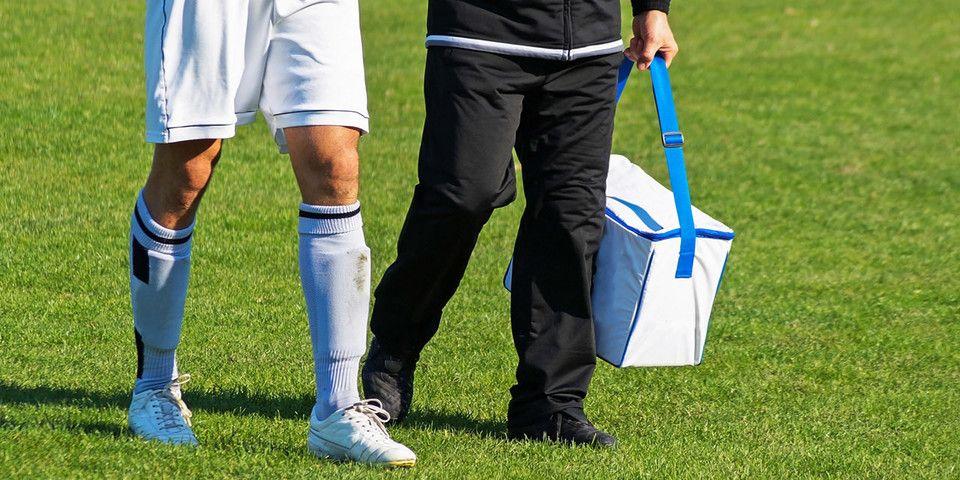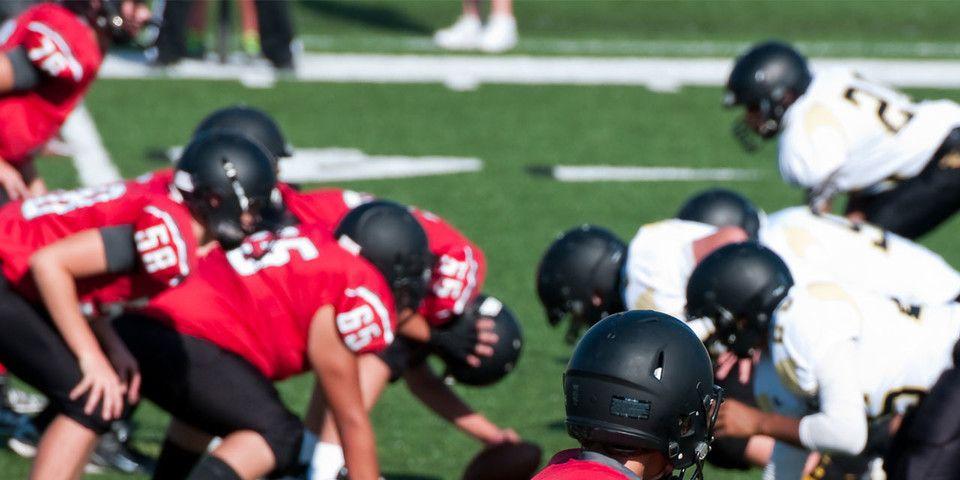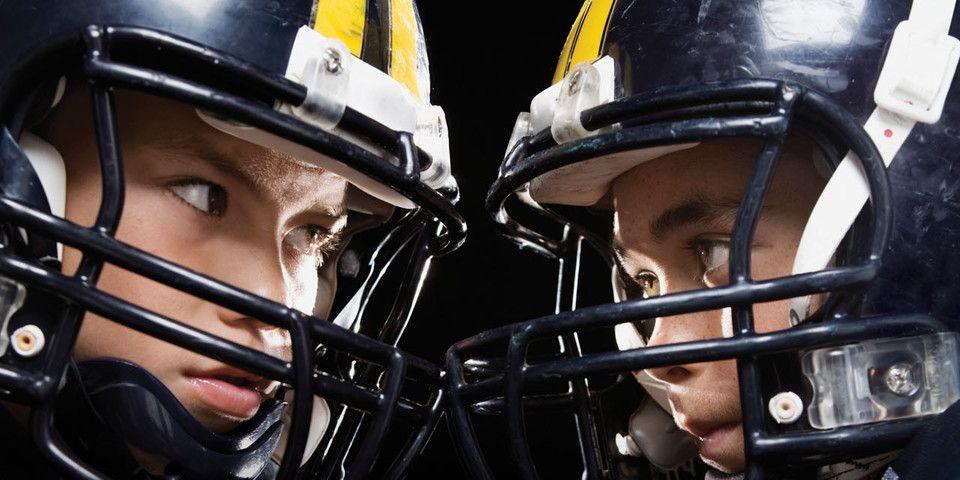You’ve Experienced an ACL Injury Playing Football: What’s Next?
Rothman Orthopaedics has extensive specialized sports medicine experience and can offer you elite treatment following an ACL injury.
Traumatic anterior cruciate ligament (ACL) injuries can occur in the course of a moment— and bring your athletic season to a sudden and definite halt. Fortunately, there are numerous methods for preventing an ACL injury playing football. Top tips include stretching and warming up the legs, hips, and hamstrings, as well as working with physical trainers to target areas of muscle and tendon weakness that might be prone to tears.
Unfortunately, ACL injuries cannot always be prevented. As famous players with ACL injuries or any athletes who have torn their ACL can tell you, the traumatic nature of these injuries is generally momentous, painful, and unexpected.
If you have experienced an ACL injury, you are likely facing a great deal of confusion regarding the future of your treatment, recovery, and return to athletics. The experts at Rothman Orthopaedic Institute can help you to make sense of the process ahead.
ACL Anatomy
While ACL injuries are very familiar among athletes, an understanding of the anatomical structure and function of a healthy ACL is important to understanding injuries and recovery.
The three bones of the knee joint (femur, tibia, and patella) are joined and held together by four ligaments (medial collateral ligament, lateral collateral ligament, anterior cruciate ligament, posterior cruciate ligament) that meet and attach within the knee joint. Together, these four ligaments function to stabilize the knee and its associated bones.
The ACL is stretched on a diagonal angle across the middle section of the knee. Its specific roles include preventing the tibia from moving out of place and slipping in front of the femur and providing rotational stability to the knee. A torn ACL leaves the knee and tibia loose and unstable.
This is why treatment is so essential following an ACL injury playing football. Left untreated, a patient will suffer severely impaired mobility and long-term orthopaedic issues—as well as a fully compromised athletic career. If you’re seeking treatment but are unfamiliar with the ACL treatment process and are uncertain where to begin, continue reading.
The ACL Injury Treatment Process
If you’re wondering what to do following an ACL injury playing football, we’ve compiled this helpful list of steps in the recovery process.
-
Physical Examination
The first step of recovery is an examination by a qualified doctor or orthopaedic specialist, who will analyze you physically and assess the symptoms you are experiencing. This will enable the determination of the degree and type of damage that has been sustained by your injury. -
Testing
As a component of your examination, numerous diagnostic tests may be performed. These may include X-rays or MRI scans. -
Non-surgical Treatments
If the severity of your ACL injury is determined to be of a lesser degree, nonsurgical treatments may be able to effectively treat your injury. Common nonsurgical treatments include bracing and physical therapy. -
Surgery
If your injury is too severe for non-surgical treatments or if these treatments prove insufficient, a surgical operation will likely be recommended to rebuild and repair your ACL. -
Recovery
The recovery process following non-operative or surgical treatment typically lasts for several months and involves the use of assistive devices and a strict physical therapy regime. -
Return to Sports
The majority of athletes who have suffered an ACL injury are ultimately able to resume athletic activity following recovery; however, the length of your recovery period will vary depending on the particular factors of your injury and treatment.
Experiencing an ACL injury playing football can be a painful and frustrating experience. The Sports Medicine specialists at Rothman Orthopaedics are here to ensure that your treatment and recovery are as efficient and effective as possible. To learn more, visit us here or contact us at 1-800-321-9999.
Related Specialties
Related Conditions
Related Treatments
Related Programs
-

Athletic Training- Sport Medicine Outreach
Our Field Athletic Trainers provide direct sports medicine care to youth, high school, college and professional athletes. Rothman AT’s provide athletic training services throughout Southeastern PA to interscholastic high schools, colleges, as well as tournaments and special events.Read More -

Injury Prevention Program
The Injury Prevention Program at the Rothman Orthopaedic Institute is dedicated to the prevention of injuries from athletic participation, particularly youth sports.Read More -

Sports Concussion Program
Concussion care is a special focus of Rothman's sports medicine program. We've developed the most advanced multi-disciplinary evaluation and treatment techniques based on research done by the concussion specialists here at Rothman Orthopaedic Institute.Read More




